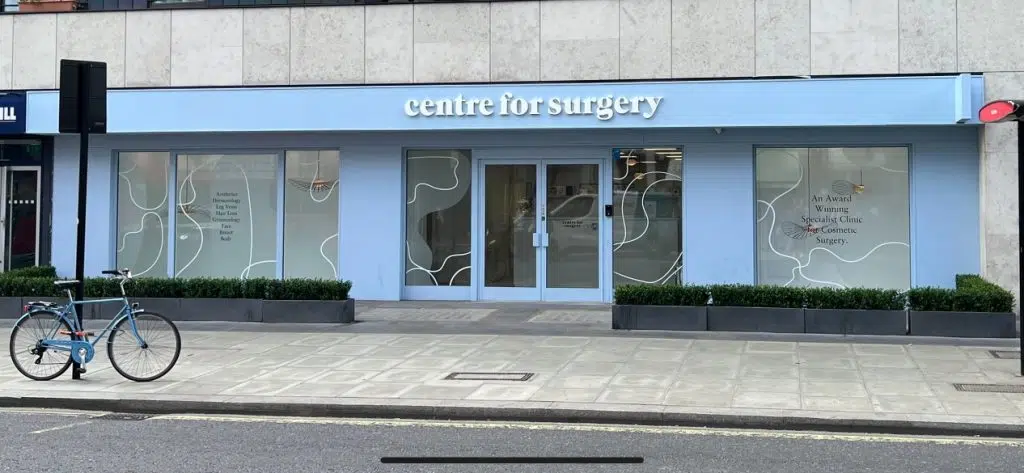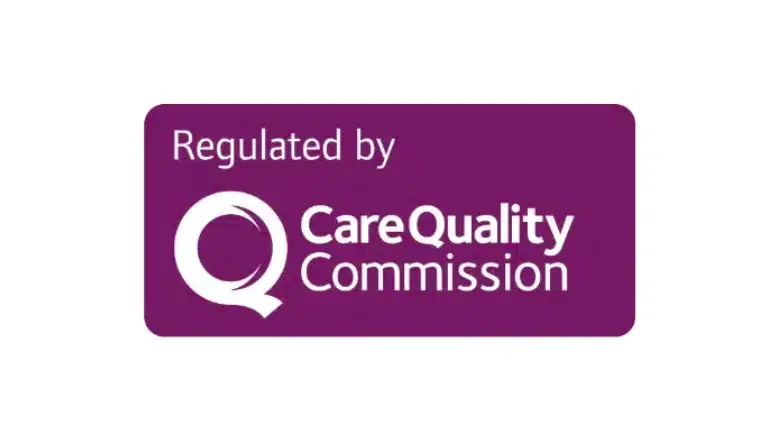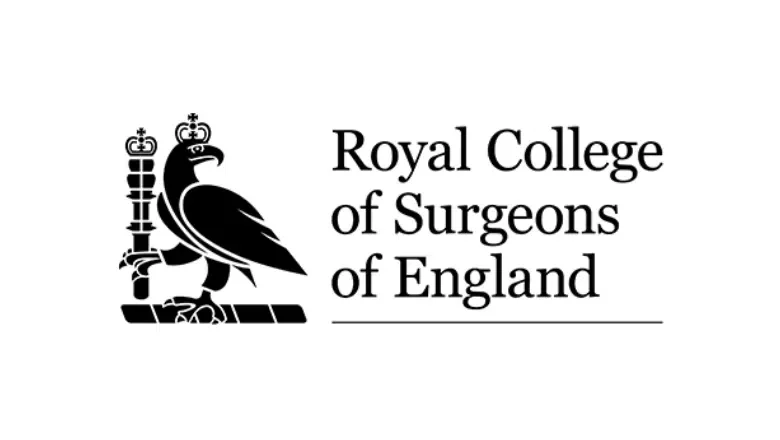Surgery & Smoking – How Nicotine impacts your surgical recovery and cosmetic surgery results
Nicotine, the active ingredient in cigarettes and other tobacco products, can have a significant impact on surgical recovery and cosmetic surgery results. Nicotine constricts blood vessels, which can impede the flow of oxygen-rich blood to the surgical site. This can slow down the healing process and increase the risk of complications such as infection and tissue death. Smoking can also cause the skin to lose elasticity, which can make it more difficult to achieve optimal results from procedures such as facelifts, tummy tucks, and breast augmentation.
RELATED: How to get the best tummy tuck results
Smoking also increases the risk of developing complications such as wound healing problems, necrosis (tissue death), and infection. Nicotine causes constriction of blood vessels and slows down the healing process, which can result in delayed wound healing, increased risk of infection and poor scarring.
Smoking is also known to affect the skin’s collagen and elasticity, leading to poor skin retraction and sagging after surgery. This can particularly be a problem for patients who undergo facelifts, eyelid surgery, and body contouring procedures.
RELATED: Optimum recovery after breast augmentation surgery
Having Cosmetic Surgery can help You Give Up Smoking
Many people turn to cosmetic surgery as a way to improve their appearance and boost their self-confidence. But did you know that having cosmetic surgery could also help you quit smoking? Studies have shown that individuals who have undergone cosmetic surgery are more likely to quit smoking and maintain a smoke-free lifestyle in the long term.
One of the reasons for this is that individuals who have undergone cosmetic surgery often have a renewed sense of self-confidence and self-worth. They may feel more motivated to take care of their bodies, including quitting smoking, in order to maintain their new look. Additionally, the recovery period following surgery can be a great opportunity for individuals to give up smoking, as smoking can slow down the healing process and increase the risk of complications.
RELATED: Does Vaping Affect Cosmetic Surgery Results?
Another reason why cosmetic surgery may help individuals quit smoking is that the process of preparing for surgery often involves consultations with healthcare professionals. During these consultations, patients may receive information about the negative effects of smoking on their health and the benefits of quitting smoking. This information can be a powerful motivator for individuals to quit smoking.
After the surgery, the patient is usually encouraged to take it easy and avoid things that may affect the healing process, such as smoking. This can help the patient to kick the habit and maintain a smoke-free lifestyle.
Some cosmetic surgeries, such as liposuction, can be performed using a laser. Laser liposuction actually helps to tighten the skin and improve its overall look. When combined with the laser, the procedure can be an effective solution for those who have to deal with loose skin due to smoking.
How Smoking Impacts the Results of Cosmetic & Plastic Surgery
Smoking can negatively impact the results of cosmetic and plastic surgery. Nicotine constricts blood vessels, which can impede the flow of oxygen-rich blood to the surgical site. This can slow down the healing process and increase the risk of complications such as infection and tissue death. Additionally, smoking can cause skin to lose elasticity, which can make it more difficult to achieve optimal results from procedures such as facelifts.
Top Tips for Smokers to quit or cut down when having Plastic Surgery
- Set a quit date: Choose a specific date to quit smoking before your surgery and stick to it.
- Get professional help: Talk to your doctor about smoking cessation programs and medications that can help you quit.
- Find alternatives: Try using nicotine replacement therapy, such as gum or patches, to help curb cravings.
- Seek support: Surround yourself with people who will support your decision to quit smoking and encourage you to stay on track.
- Keep busy: Find activities that will keep your mind and hands occupied, such as exercise, hobbies, or social events.
- Be prepared: Anticipate and plan for potential challenges, such as weight gain or mood swings, and have a plan to manage them.
- Reward yourself: For reaching milestones in your quit journey, give yourself small rewards, such as a massage or a new outfit.
- Stay positive: Remember that quitting smoking is a process, and it’s not uncommon to slip up. Stay focused on your goal and remind yourself of the benefits of quitting for your health and the success of your surgery.
- Communicate with your surgeon: Let your surgeon know that you are trying to quit smoking and ask for their advice on how to best prepare for the surgery.
- Remember the goal: Keep in mind the end goal, which is to have a healthier you and a better cosmetic outcome. It will motivate you to stay smoke-free.
RELATED: 7 Things to Consider Before Breast Augmentation
Step Forward on Your Cosmetic Enhancement Path with Centre for Surgery
Considering taking the plunge into cosmetic surgery? Let’s spark a dialogue. Centre for Surgery is all set to shed light on your pathway and accompany you through each phase of the journey. Nestled in London, our team is ready to field your questions and help chart your course toward aesthetic improvement. Reach out today to discuss your vision for cosmetic change or to book your initial consultation. Together, we’ll stride towards making your aesthetic dreams a reality.










